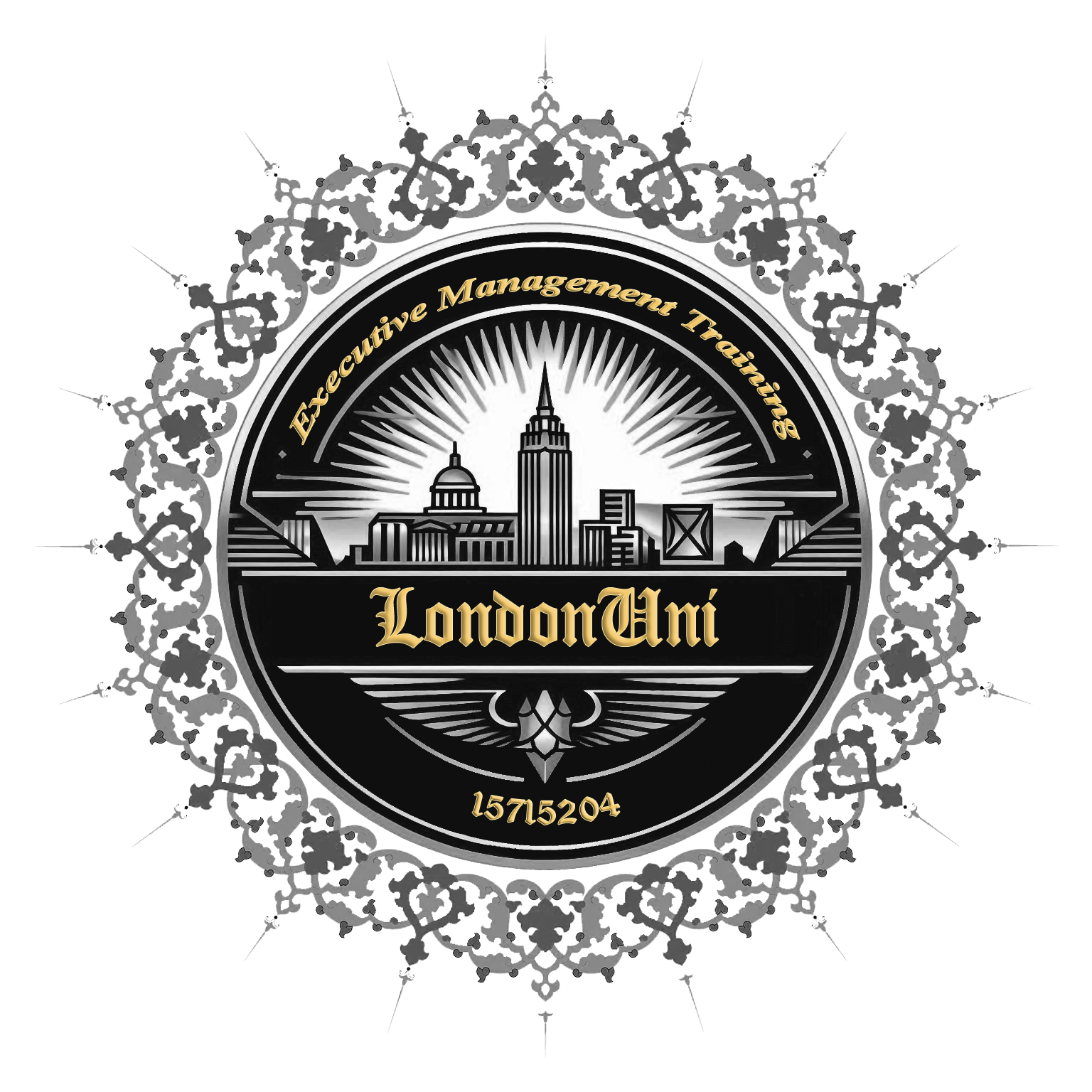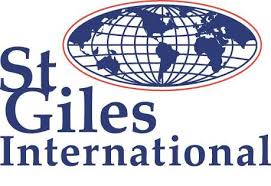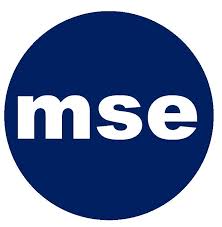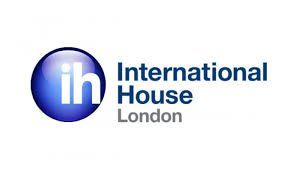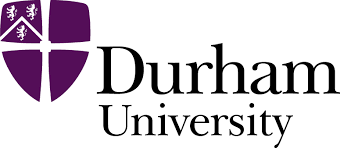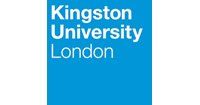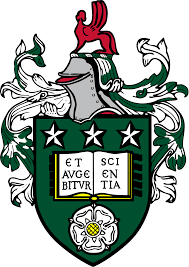إي هاب

مخطط شهادة مهارات البناء الرسمية (CSCS)
معرف الدورة: 2501050108809ESH
تواريخ الدورة: 05/01/25 مدة الدورة: يوم/أيام دراسية واحد مكان الدورة: لندن، المملكة المتحدة
فئة الدورة: برامج فريدة
الفئات الفرعية للمقرر:
التعليم والتطوير المهني الصحة والسلامة والرفاهية القيادة والإدارة الاستدامة والممارسات البيئية سلامة البناء الاستدامة البيئية الصحة والرفاهية القيادة والتواصل ضمان الجودة إدارة المخاطر تطوير المهارات الفنية
معلومات الدورة
مقدمة
تم تصميم هيكل دورتنا لتكون دورة مكثفة ليوم واحد، حيث ستتعلم مواد الصحة والسلامة في مجال الإنشاءات اللازمة لاجتيازها. بعد إكمال الدورة، ستخضع لاختبار إلكتروني يعتمد على ما تعلمته خلال اليوم.
أهداف
بعد اجتياز نتائج الاختبار، سيتم تأكيد بطاقة CSCS الخاصة بك. بعد ذلك، ستتلقى تأكيدًا بنتائج الاختبار وبطاقة CSCS الخاصة بك. ستصل بطاقة CSCS الأصلية مع شهادتك خلال 10 أيام عمل.
من ينبغي أن يحضر؟
أي شخص يرغب بالعمل في مواقع البناء أي شخص يرغب في البدء في التقدم بطلب للحصول على وظيفة في مجال البناء أي شخص يرغب في دخول أي موقع بناء في جميع أنحاء المملكة المتحدة (إلزامي)
طريقة التدريب
• التقييم المسبق • التعليم الجماعي المباشر • استخدام أمثلة واقعية ودراسات حالة وتمارين • المشاركة والمناقشة التفاعلية • عرض تقديمي باستخدام برنامج باور بوينت وشاشة LCD ولوحة التقليب • الأنشطة الجماعية والاختبارات • التقييم اللاحق
دعم البرنامج
يدعم هذا البرنامج ما يلي: * المناقشات التفاعلية * لعب الأدوار * دراسات الحالة وتسليط الضوء على التقنيات المتاحة للمشاركين.
الأجندة اليومية
صباحًا أجندة: * 9:00-9:30 (تقييم أولي، واستكمال السجل والحضور) * 9:30-11:30 (جلسة تقنية) * 11:30-11:45 (استراحة القهوة) * 11:45-12:45 (جلسة تقنية) * 12:45-1:00 (استراحة المراجعة) * 1:00-2:00 (اختبار CSCS) مساءً أجندة: * 14:30-15:00 (تقييم أولي، واستكمال السجل والحضور) * 15:00-18:30 (جلسة تقنية) * 18:30-18:45 (استراحة القهوة) * 18:45-19:45 (جلسة تقنية) * 19:45-20:00 (استراحة المراجعة) * 20:00-21:00 (CSCS اختبار)
Course Outlines
Introduction to Building Rehabilitation and Repair
Overview of Building Rehabilitation: Definitions, scope, and significance of rehabilitation and repair in modern construction.
Building Assessment Techniques: Methods for evaluating the condition of structures, including visual inspections, non-destructive testing, and diagnostic tools.
Fundamentals of Repair Management: Understanding the repair process, from identification of issues to execution.
Compliance and Legal Requirements: Overview of regulations governing building rehabilitation, including codes, standards, and environmental guidelines.
Day 2:
Strategic Planning for Rehabilitation Projects
Developing a Rehabilitation Plan: Key elements of a successful strategy for planning rehabilitation projects.
Risk Management in Building Rehabilitation: Identifying and mitigating potential risks in repair and rehabilitation projects.
Material Selection and Repair Techniques: Exploring appropriate materials and methods for different types of repairs.
Sustainability Considerations: Incorporating energy efficiency, sustainability, and green technologies in rehabilitation strategies.
Day 3:
Heritage and Historical Building Rehabilitation
Challenges in Heritage Preservation: Special considerations in rehabilitating heritage and historical buildings.
Balancing Modernization and Preservation: Techniques for integrating contemporary systems while preserving historical elements.
Case Studies of Successful Heritage Projects: Real-world examples of effective heritage rehabilitation and repair.
Cultural and Legal Constraints in Heritage Projects: Navigating cultural sensitivities and legal frameworks when working with historic properties.
Day 4:
Project Management in Rehabilitation and Repair
Managing Rehabilitation Projects: Practical aspects of managing repair projects, including budgeting, scheduling, and stakeholder coordination.
Quality Control and Assurance: Ensuring repairs meet industry standards and regulatory requirements.
Addressing Challenges in Complex Projects: Managing unforeseen issues and complexities in large-scale rehabilitation projects.
Technology in Repair Management: Leveraging modern technologies such as BIM (Building Information Modeling) for improved project management and efficiency.
Day 5:
Advanced Practices and Future Trends in Rehabilitation
Innovations in Repair and Rehabilitation: Exploring emerging trends and technologies, including advanced materials and automated repair solutions.
Circular Economy in Building Rehabilitation: The role of the circular economy in extending the lifespan of buildings and reducing waste.
Planning for Long-Term Maintenance: Developing strategies for ongoing maintenance and future-proofing buildings after rehabilitation.
Final Case Study Review and Discussion: A comprehensive discussion of case studies, highlighting the application of learned concepts and best practices.
الأسبوع 02
الأسبوع 02
الأسبوع 03
الأسبوع 03
الأسبوع 04
الأسبوع 04
الأسبوع 05
الأسبوع 05
الأسبوع 06
الأسبوع 06
الأسبوع 07
الأسبوع 07
الأسبوع 08
الأسبوع 08
الأسبوع 09
الأسبوع 09
رسوم الدورة: 500.00 جنيه إسترليني
السعر لا يشمل ضريبة القيمة المضافة.
قد تختلف ضريبة القيمة المضافة حسب البلد الذي تقام فيه الدورة أو ورشة العمل.
انقر للدفع
ادفع لتأمين مكانك










